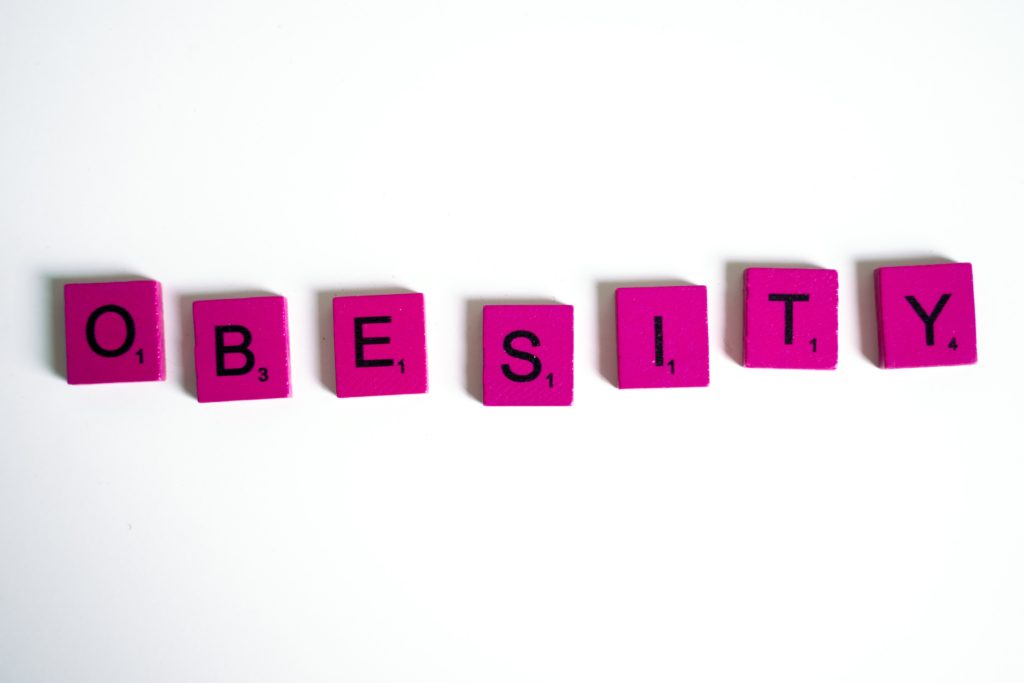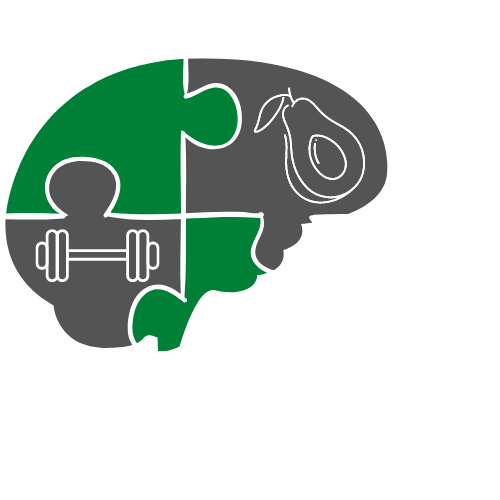Author: Dr. Yemi Lekuti

Many people know that obesity is one of the leading causes of heart disease, diabetes, and cancer and impacts children’s mental and physical health. This is information that we get from both reputable research articles and podcasts alike. It is used to push for programs that decrease childhood obesity. However, many people do not think about or realize that our society’s anti-fat rhetoric creates the shame children feel when they’re put into obesity treatment programs. Obesity is most often described as a lack of “willpower.” A character flaw that can be fixed if people “would” only exercise more and eat less. This couldn’t be further from the truth. A great deal of obesity risk is influenced by things that we can’t control. The genes we inherited from our parents, the zip code we were born into, and the environments where we live, work and play. Furthermore, when we treat obesity as a moral failing, we create social and psychological problems that can affect children for the rest of their lives.
The American Academy of Pediatrics (AAP) recently released its guidelines for treating childhood obesity. Immediately, the media focused on how the recommendations promote intensive lifestyle intervention, surgery, and medication as appropriate treatments for children. Several therapists and eating disorder specialists have voiced concerns about the likelihood of the AAP guidelines increasing eating disorders among young children. For decades, we have seen fitness ‘gurus’ and social media ‘influencers’ promote quick fat-burning trends while reminding us that being overweight means being unhealthy. But, unbeknownst to most people, being overweight doesn’t necessarily mean you will have health problems. Obesity increases the probability of health problems, but only under certain conditions. For example, obese children that are highly active have similar health risks to ‘normal-weight’ children that are active and in better health than ‘normal-weight’ children that are inactive. So, what should we do about obesity? Anything? Nothing?
Let’s look for a minute at the part of the AAP guidelines that the media didn’t focus on. For example, AAP called for practitioners to take the “whole child” approach – which considers all the things a child would need to help them overcome struggles (genetics, socioeconomic status, or accessibility to resources). AAP also emphasizes the use of efforts that are non-stigmatizing and non-fatphobic while acknowledging that the rise of eating disorders is likely. However, the media didn’t focus on these parts of the guidelines. Why? Because of our societal narrative that obesity is a “personal” problem.
At CAYA, we want to change that narrative. Our goal at CAYA is to provide genuine health solutions. Solutions that provide children, adolescents, young adults, and their families with the information necessary to create a healthy and sustainable lifestyle. This is why we push for the involvement of families (if applicable), and we don’t emphasize weight. We understand the importance of the child’s environment when creating a treatment plan, and we think about how to change those environments or help children to adapt to those environments to ensure success. CAYA is not a weight loss program. Instead, we encourage our clients to value listening to their body’s physical and mental needs. Taking this approach, you may lose weight, but that is not our goal. We hope to change our clients’ relationship with their bodies, food, and mind. We hope to create a more functional and realistic approach to wellness that does not shame anyone for who they are or how much they weigh. We want to help you to become the best version of yourself!

